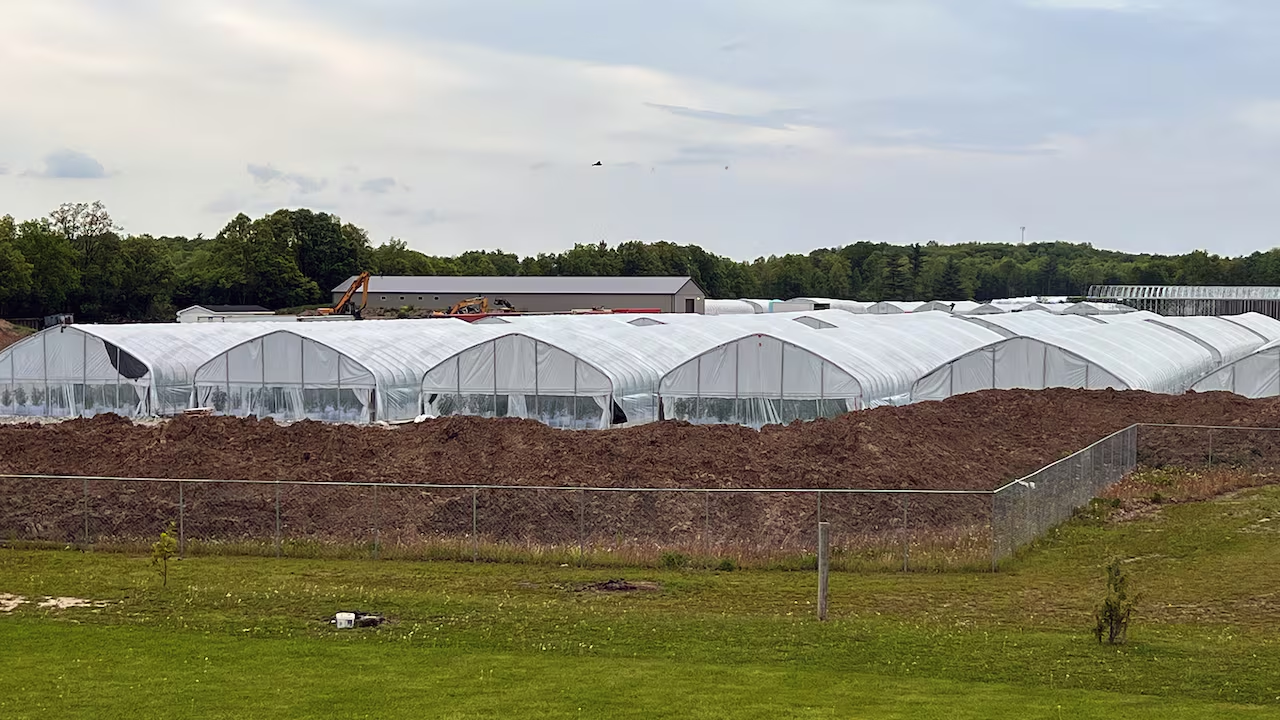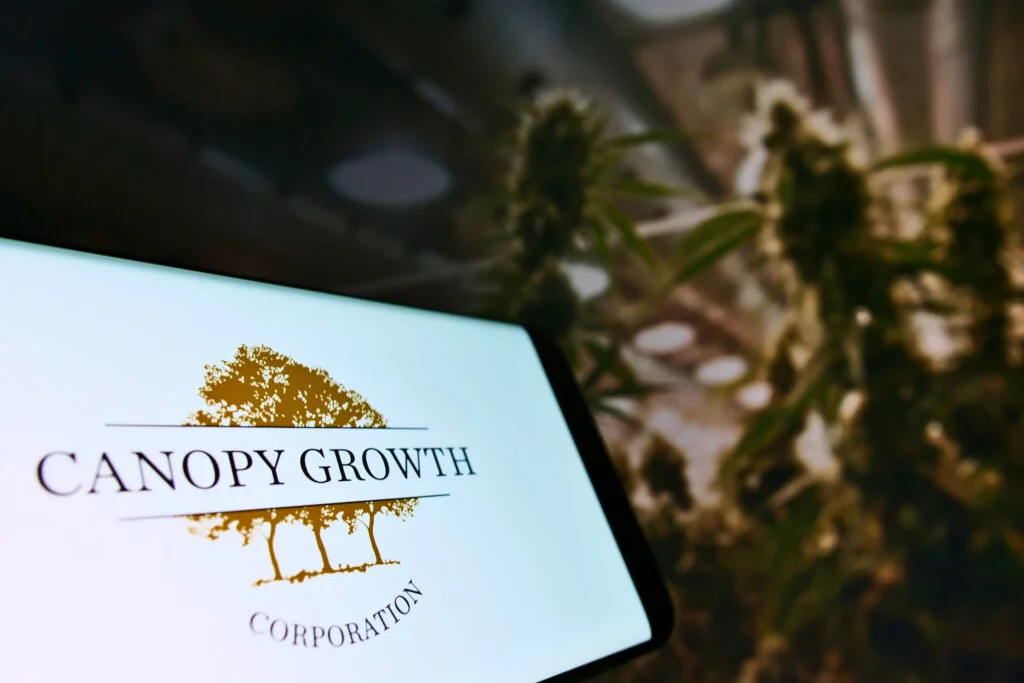Hemp offers numerous applications, with a spotlight on nonwovens—a category that permeates everyday products and has the potential to reshape various industries. In a recent episode of the Hemp Show, Mattie Mead, CEO of Hempitecture, shared insights on the expansive possibilities of hemp in the nonwovens sector, which is valued at approximately $50 billion.
Nonwovens are materials made from fibers that are bonded together, often used in products like car door panels, insulation, and carpet padding. Currently, most of these materials are derived from petroleum-based plastics, which contribute to environmental degradation. Hempitecture aims to change this by utilizing hemp fibers, promoting a more sustainable alternative that can significantly reduce carbon emissions.
During the discussion, Mead highlighted the impressive benefits of hemp, including its fast growth and minimal resource requirements compared to traditional materials. By scaling up the production of hemp-based nonwovens, Hempitecture not only supports environmental sustainability but also stimulates job creation in American manufacturing.
The episode covered several key topics: – An explanation of nonwovens and their production process. – The opportunity for hemp to dominate the nonwovens market, potentially displacing petroleum-based options. – Hempitecture’s transition from focusing on hempcrete to developing fiber-based products. – The advantages of using domestically grown hemp in manufacturing, which reduces reliance on foreign materials. – Innovations in technology, such as fiber fortification, which can enhance the durability and applicability of hemp materials. – Investment opportunities in sustainable American manufacturing, particularly in the hemp sector.
Mead’s vision for Hempitecture is not just about creating eco-friendly products; it also emphasizes a circular economy where materials are reused and recycled, contributing to a healthier planet. The podcast serves as an educational platform for those interested in the intersection of hemp and sustainable manufacturing, showcasing how hemp can contribute to a greener future.
For those interested in supporting Hempitecture’s mission, investment opportunities are available through platforms like WeFunder. The discussion reflects a growing trend towards sustainable practices in various industries, where natural materials like hemp are becoming increasingly valued for their environmental benefits.
This conversation exemplifies how industrial hemp can serve as a foundation for innovation in manufacturing, paving the way for a more sustainable future. As awareness of hemp’s capabilities grows, industries may experience a shift toward more responsible sourcing and production methods, marking a notable evolution in material science.


